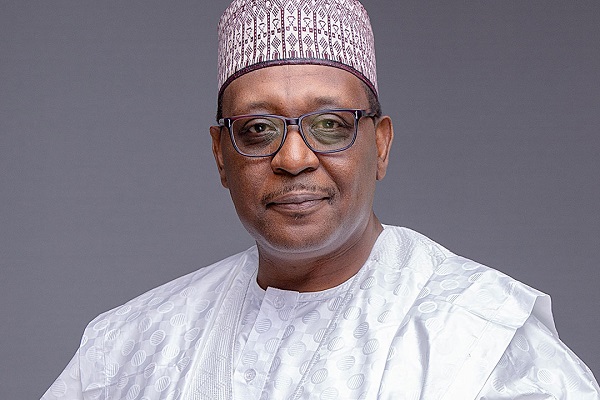
The Federal Government has revealed significant financial challenges facing Nigeria’s healthcare system, noting that only six dollars per person is allocated annually for health services.
The Minister of Health and Social Welfare, Prof. Muhammed Pate shared these insights at the second Fistula Steering Committee meeting on Thursday in Abuja.
Pate acknowledged the financial constraints but emphasised that the government is prioritising essential health services, particularly for vulnerable populations.
He explained that while six dollars per capita is insufficient for comprehensive healthcare delivery, the funds are directed toward critical areas such as maternal and child health, immunization and the treatment of catastrophic diseases like cancer and kidney disease.
“Our immediate focus is to ensure basic healthcare services are accessible to the poorest Nigerians, especially women and children. With limited resources, every decision requires prioritising the most urgent needs,” Pate stated.
Despite these constraints, the minister emphasised the need to increase revenue generation to achieve long-term health sector sustainability.
Highlighting the disparity between Nigeria’s health spending and that of developed countries such as the United Kingdom – which spends over USD 1,000 per capita – Pate stressed that improving revenue collection is essential.
“To build a health system comparable to developed nations, we must increase our revenue and channel more resources into health. Until then, we are focused on optimising the impact of what we have,” he explained.
Pate outlined ongoing efforts to expand health insurance coverage to mobilise private sector funds and create a more sustainable financing model. He also underscored the importance of collaboration among various levels of government and the private sector to strengthen the healthcare system.
“As Nigeria’s economy grows, so will our ability to invest more in health. However, we cannot afford to wait. Investments made today will yield improved health outcomes tomorrow,” he added.
The minister also emphasised the need to address social determinants of health, such as poverty, gender inequality and education. He noted that integrating social support programs with healthcare services would create a more holistic and accessible system.
Additionally, Pate highlighted the critical need to invest in Nigeria’s health workforce, particularly in rural areas, to ensure equitable service delivery.
“Our health workers are the backbone of the healthcare system. It’s essential to invest in their training, retention, and compensation,” he said.
He reiterated the government’s commitment to achieving health equity and building a sustainable healthcare system for all Nigerians.
“It’s a long-term vision, but with sustained effort, collaboration, and increased investment, we can create a healthier and more prosperous Nigeria for everyone,” he concluded.
This initiative aligns with the government’s broader goals of ensuring universal healthcare access, improving maternal health outcomes and addressing inequities within the health sector.

